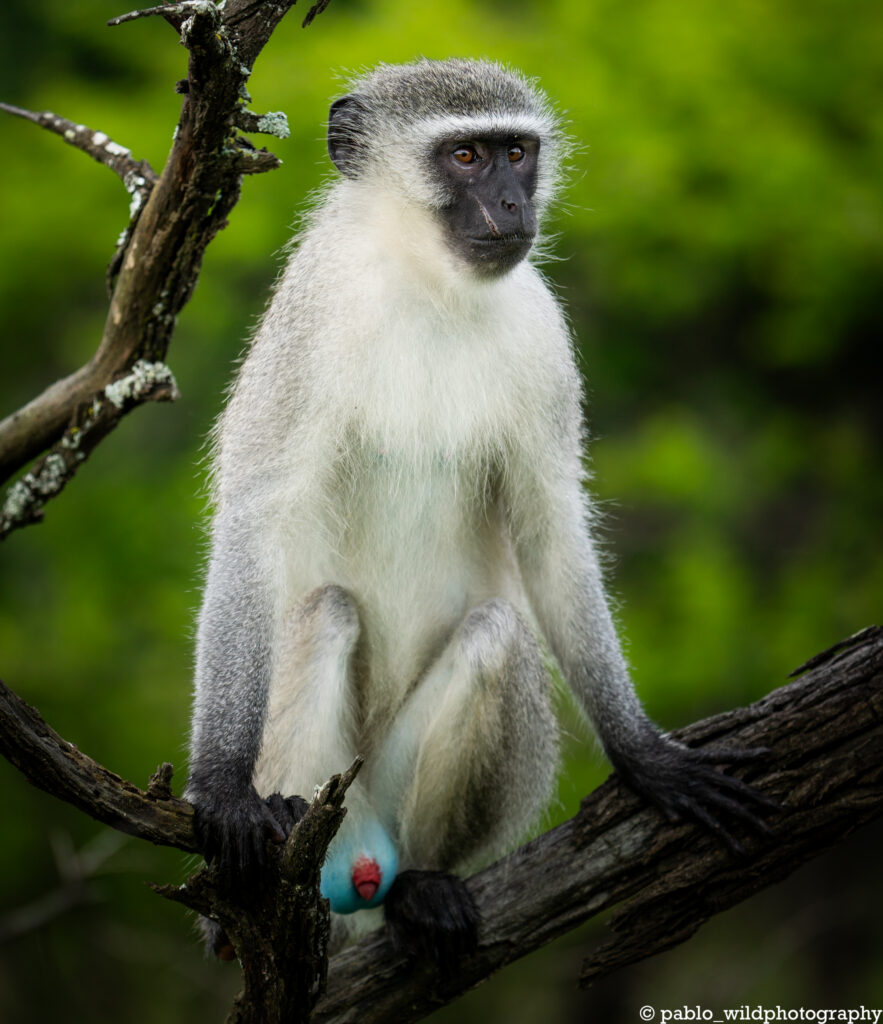Saliva sampling: a success ?
The successful sampling of more than half of the troop is definitely promising and opens new perspectives regarding non-invasive saliva sampling in wild vervet monkeys and in wild primates in general.
It is important to note that more habituated individuals are the ones that provided most of the samples, and that this method’s success will greatly vary depending on the level of habituation to human presence of the monkeys found in a troop.

Social learning: it’s still about rank !
While this study has innovated by using a more discrete and scarce food source, the learning bias towards higher ranked individuals remains.
This echos previous studies on vervet monkeys and further supports the importance of rank in tradition’s transmission. Interestingly it also parallels findings on humans, where individuals with lower status tend to imitate people of higher one.
In line with these findings on rank, the fact that certain individuals (not necessarily the higher ranked ones) maintain a central role across affiliative and observational networks suggests a systematic pattern that highlights the influence of key individuals in multiple setting of the troop’s life.